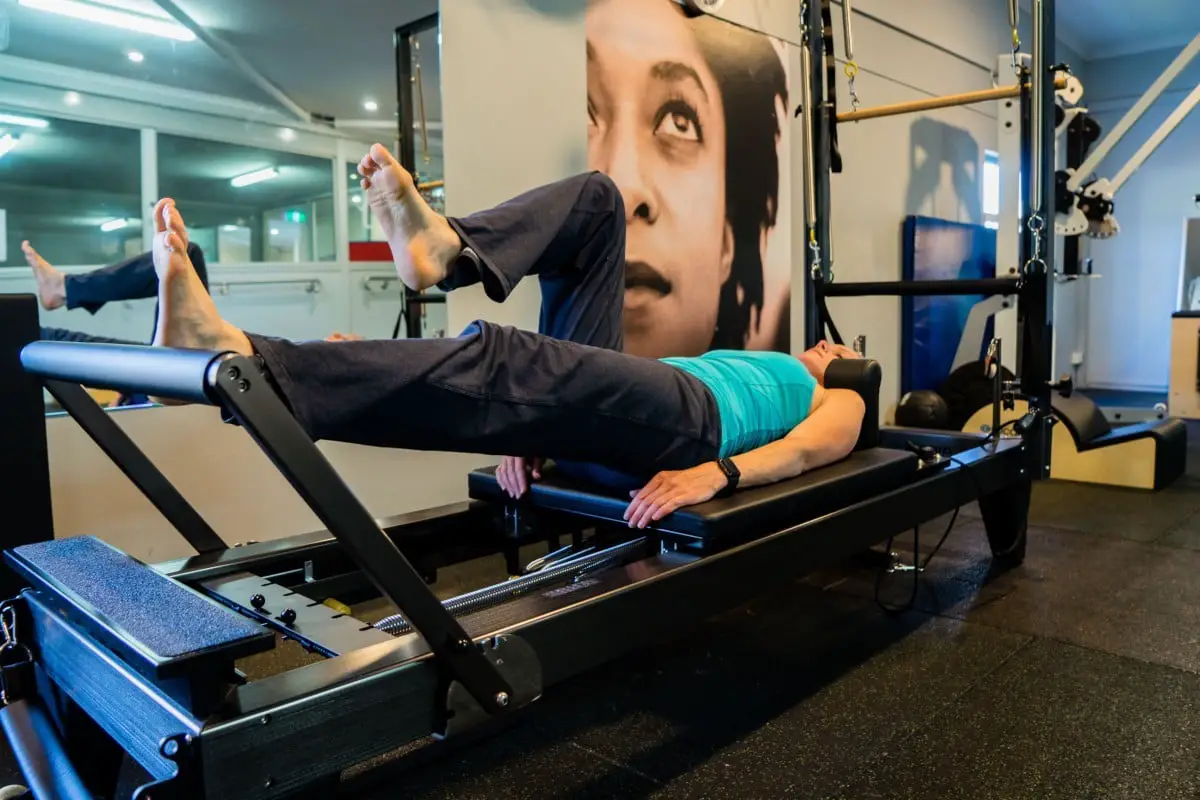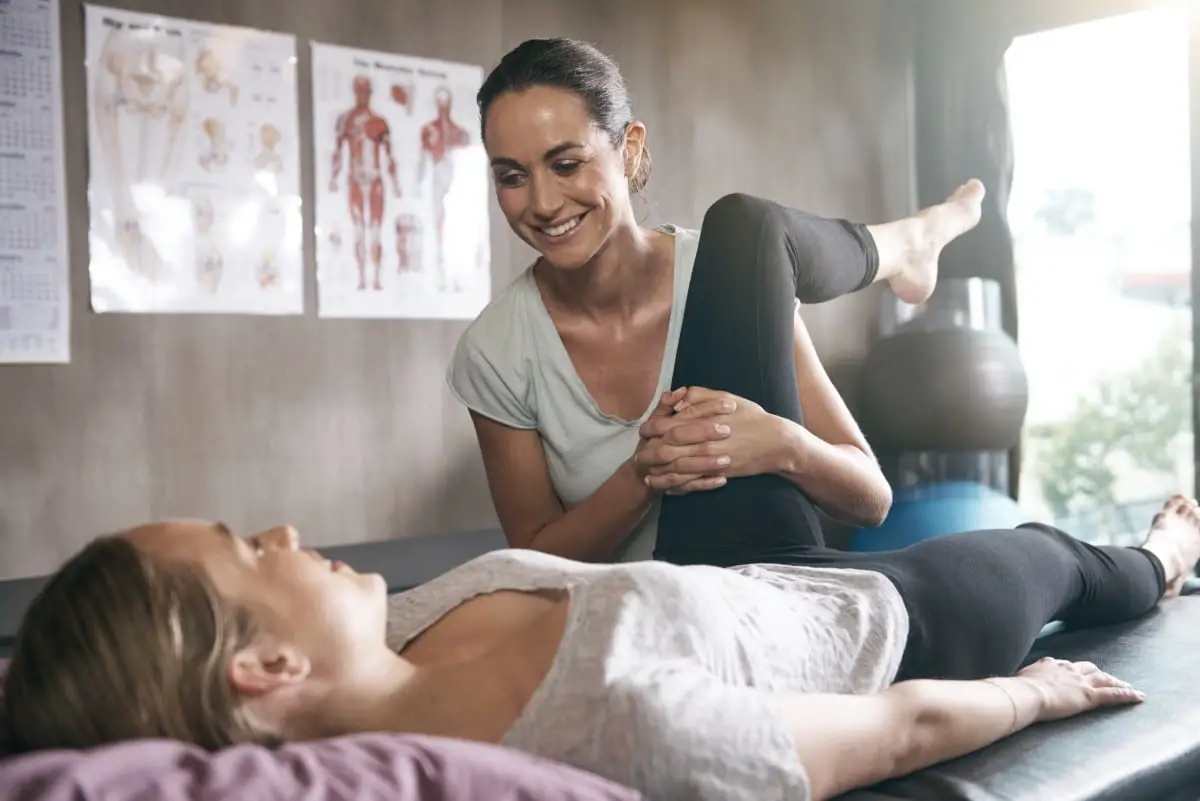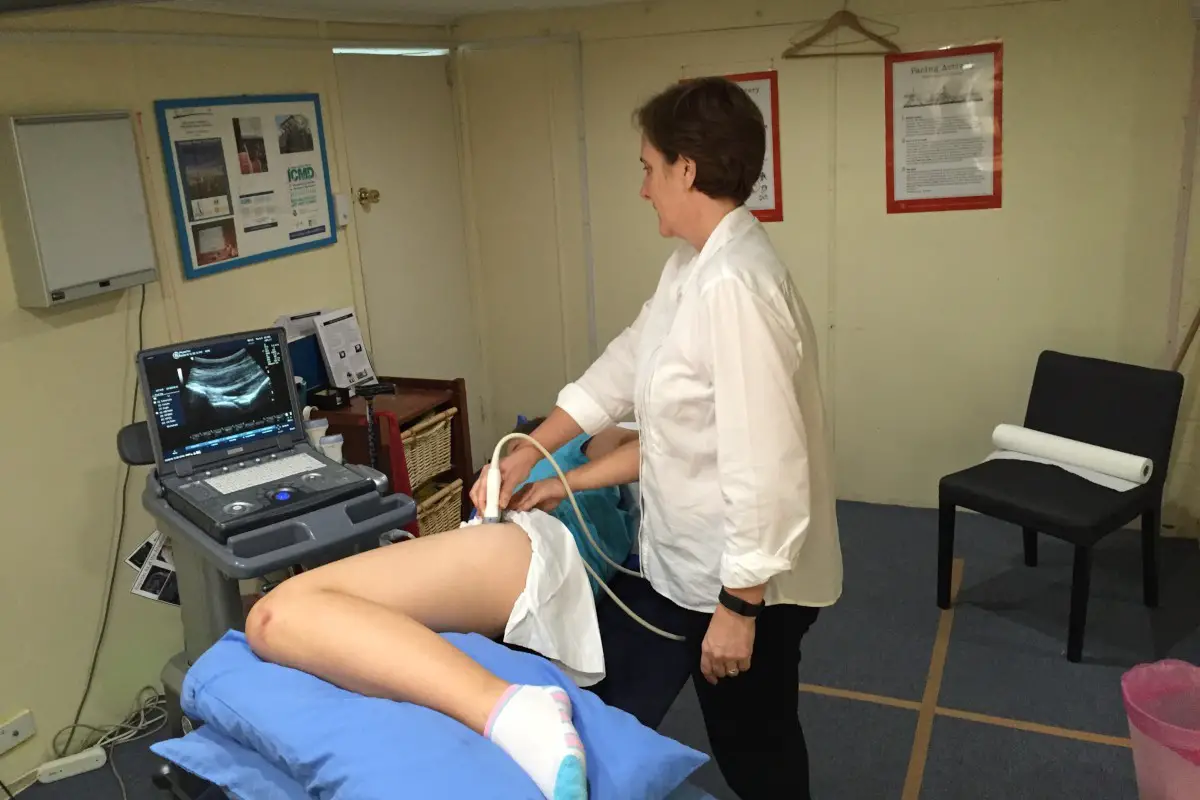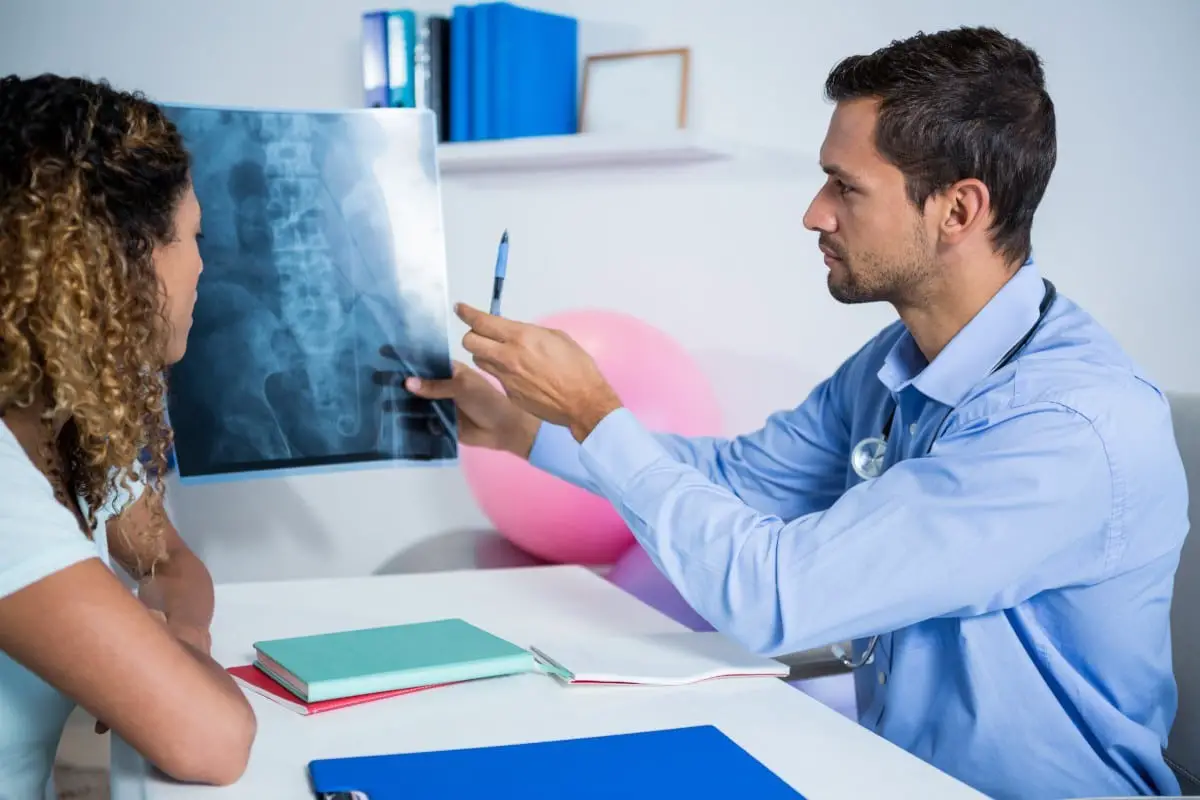There are many different options for hip pain treatment.
Here are a list of many of the more common ways to manage your painful hip issue.
Often the most powerful treatments for musculoskeletal hip pain is getting the right advice, at the right time. An important early step in any recovery is understanding what the problem is and how you can best help in your own journey. Any other treatments will be less effective if you are doing things that continue to cause a problem. For example, advice around workplace setup, sporting and recreational choices and schedules, and recovery after exercise.
All Hip Pain Professionals will be able to provide important advice and education about different aspects of your problem and rehabilitation.


Exercise is a cornerstone of rehabilitation for management of most hip pain problems. Exercise can improve health of problem tissues, as well as address issues that may have contributed to the problem, such as muscle weakness or poor range of motion. There are many different ways that health professionals can provide exercise.
The best type of general exercise for you will:
Group classes provide a fun atmosphere where you can gain the benefit of a supervised exercise session, while you connect with others who may have similar problems. Class-based exercise often provides a more cost-effective way to exercise.
Just take note that
not all group classes will provide the same benefit.
Choosing a class run by a qualified Health Professional means that:


Hydrotherapy is exercise performed in the water for
The unique properties of water include the decreased effects of gravity, the effects of buoyancy, water pressure, and warmth (if in a heated pool). This often allows exercise with decreased pain which is particularly useful for those with a low level of fitness and/or those who find land-based exercises very painful.
Strength and conditioning exercise uses extra resistance from equipment such as weights, springs, pulleys and bands to maximise changes in muscle strength, size and power. This is particularly important for athletes or those returning to physical occupations or recreational activities.
Health Professionals may develop a program that you can do safely in a gym environment or provide individual or group training within their own clinics.
Health Professionals that provide Strength & Conditioning include:
Physiotherapists/Physical Therapists


Pilates equipment (eg. Reformer) can provide some unique opportunities to exercise your body in different ways to gym-based training. Slings and springs allow movement through all ranges of movement, whilst in a multitude of different positions.

Manual Therapy is a hands-on therapy approach used by a range of therapists including Physiotherapists, Chiropractors, Osteopaths and some Medical Doctors. Manual Therapy may include:
RTUS allows the capturing of real-time pictures of structures inside the body, using high frequency sound waves. This amazing technology is widely used in medicine for assessing internal organs, blood vessels and developing babies. Ultrasound is also extremely useful for imaging muscles, tendons and ligaments, when assessing the consequences of an injury or the cause of persisting musculoskeletal pain.
Twenty years ago, physiotherapists began using ultrasound not only to look at the size and health of muscles, but to look at activation patterns of muscle groups. There is now a large volume of scientific research confirming the validity, reliability and usefulness of such techniques. Real time ultrasound provides a unique window into the function of our deep muscles during movement. This level of information cannot be provided by visual assessment, palpation or any other imaging process to date. This type of feedback helps you see instantly if you are doing an exercise correctly, helping you learn what to do and how to do it quickly, easily and effectively.


Investigations can help you on your journey of diagnosis and treatment of your hip or pelvic pain. There are different forms of investigation which each have their own specific indications. Certain forms of investigation maybe the best to look at one thing but not at another. Your Hip Pain Professional will help guide you on this or refer you to a specialist who is more specifically trained to make these decisions.
Investigations may include Xray, Ultrasound (US), MRI (magnetic resonance imaging), CT(computed tomography), nuclear medicine scans and/or blood tests.
This most often relates to treatment of bladder, bowel and pelvic floor dysfunction, including incontinence. Pelvic pain is often also associated with dysfunction of these area or can affect sexual function. Typical conditions relating to women’s and men’s health are:
Treatment will often include exercises to address the pelvic floor muscles and gentle manual therapy for overactive muscles in some cases. Real time ultrasound can be used to help guide people in how best to get these muscles working. Education to improve understanding and management strategies are essential to the client.


Injections are a way of introducing a substance, usually a medication, deep into the tissues, usually with the aim of reducing pain and/or inflammation or to stimulate a healing response. Common injections include:
Surgery for hip pain is usually reserved for those who do not respond to other management techniques but at times early surgery may be indicated for severe problems or acute traumas. Hip surgery is most commonly performed by an Orthopaedic Surgeon. Groin and pelvic surgeries may involve a general surgeon or a gynaecologist. Surgical interventions may include:
There are other modalities that are being used with variable levels of success and some with developing evidence in the medical literature. These include:


Your Hip Pain Professional is responsible for maintaining the currency of their professional registration, accreditation, training and professional indemnity insurance and to ensure that they are providing services to you which are appropriate to your circumstances and for which they have received appropriate training and are legally eligible to provide to members of the public. Please report any misconduct or unsatisfactory conduct to the professional registration board in your country and notify us at [email protected]. If you have any concerns please contact Hip Pain Help for further assistance, information or discussion.
